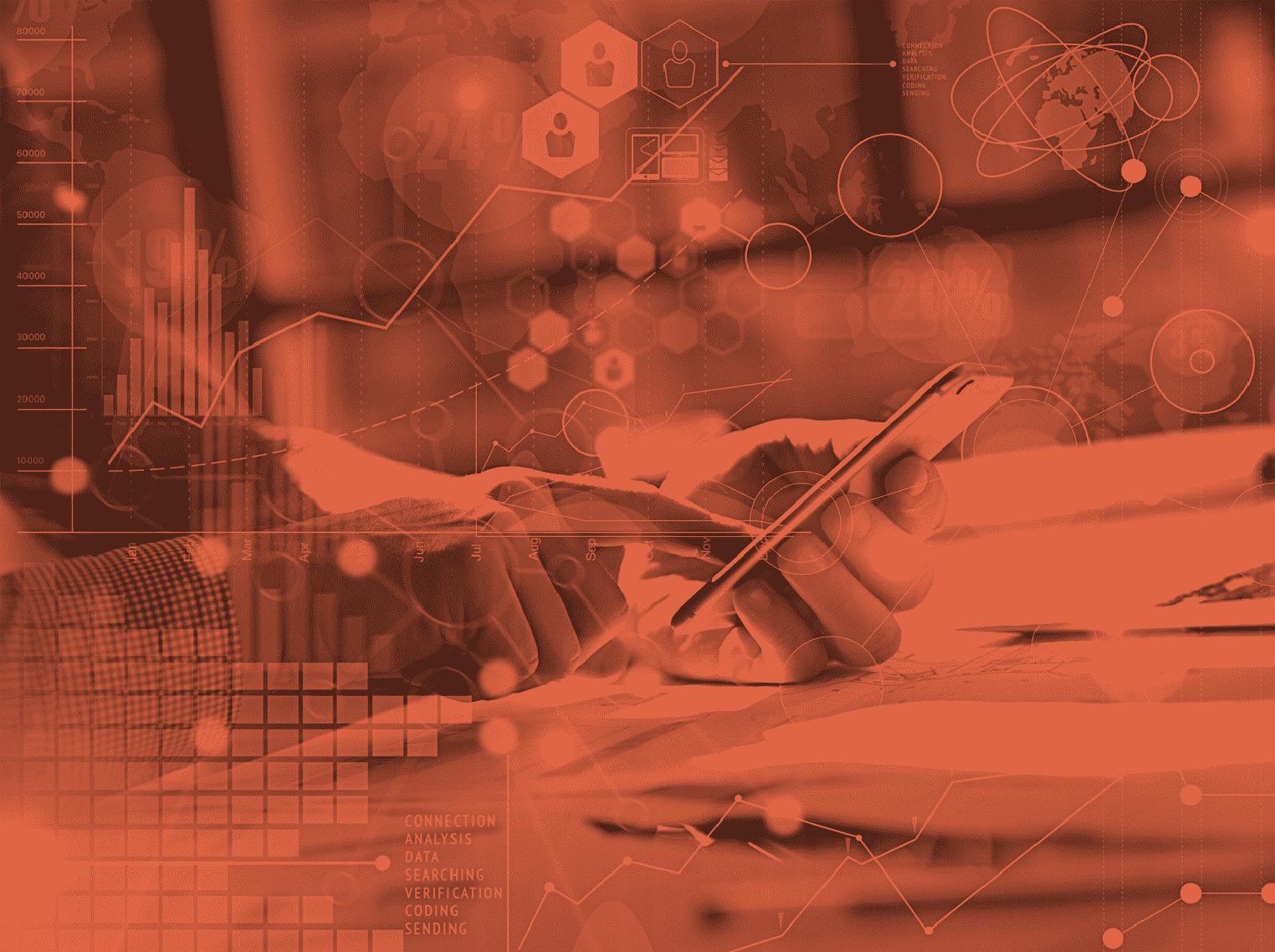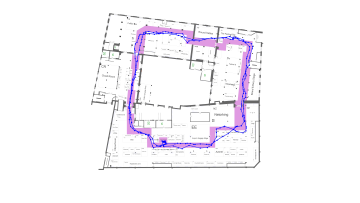Buyer Checklist Location Intelligence Providers

Buyer’s Checklist: Selecting the Right Location Intelligence Provider
Are you confused with the vast amount of options available in the crowded (and often ill-defined) location intelligence market? Our checklist will provide you with a set of questions to ask any potential supplier before making a purchasing decision.
Let’s start with a quick stab at explaining what we mean by location intelligence.
Location Intelligence [ləʊˈkeɪʃən ɪnˈtɛlɪʤəns] – the combination of techniques and tools to harness streaming location data and transform that data into valuable business insight and/or to power services.
There’s plenty of related lingo you’ll see flying around, often describing just one step in the location intelligence process, rather than a whole end-to-end solution. Terms such as harvesting location data, processing location data, visualising location data, location analytics or proximity-based mobile messaging fit into that basket.
Then a load of geo prefixes get thrown into the mix: terms such as geo-marketing, geo-targeting and geo-behavioral data.
And that’s before we broaden out and get on to RTLS (automated tracking assets or personnel) which is a specific breed of location services all of its own.
No wonder you might be confused.
Plenty of companies are out there trying to build a business out of location-based services. But only a very few provide comprehensive end-to-end solutions.
So, when having your next sales conversation with a solution provider, make sure you ask the following questions to help you determine whether they are a good fit with your requirements.
☑ Does your location-based technology integrate easily into my app?
Why is this important? You cannot collect location data without connected devices. A standard approach is to collect data from mobile phones via a lightweight code library (SDK) embedded into an app, which works on both iOS and Android. Data is sent from the device to the location intelligence services provider platform where it is then transformed into valuable insight (i.e. analytics and reporting) and/or to power services (e.g. audience segmentation for push notification messaging). Ask your event app provider if they have any existing integrations or to suggest a supplier.
☑ How accurately, quickly & reliably does your service provider map movement?
Why is this important? Particularly for live events, real-time handling of vast granular data sets is key. That’s a technological challenge. Make sure your vendor can demonstrate it is equipped to scale not only to simultaneously track hundreds of thousands of devices, but also to process that data and transform it into something genuinely valuable – whether insight via visualisation and analytics, or for audience segmentation to drive message targeting.
☑ Does your location-based services provider deal with granular location data or just with sometimes imprecise proximity data?
Why is this important? Tracking movement flows requires the former, not the latter. There is a significant and important difference between the two – for a quick refresher, have a mosey through our recent blog post about The Truth About Location and Proximity.
☑ What positioning techniques do you use?
Why is this important? This question is key. Relying on only one technology alone will inevitably reduce device reach, location reach or both. The best (most granular) location data can be achieved by dynamically selecting the right sensors (e.g. GPS, cellular, WiFi, Bluetooth) depending on the environment. Smart location-based platform suppliers will be able to fuse data from multiple sensors and combine with sophisticated positioning techniques. The smartest will use novel techniques such as co-operative device-to-device positioning.
☑ How much hardware (e.g. beacons) do I need to install to work with your solution?
Why is this important? Beacons are a painful overhead – they need to be deployed and configured – and often are unnecessary. Ideally, in an outdoor environment, you want a location-based services provider who can work without any additional hardware infrastructure at all. In an indoor environment, you should ask for an estimation of hardware required.
☑ Does your location-based service provide third-party integrations or an API?
Why is this important? We live in a connected world. An API (Application Programming Interface) will allow you to easily access the location data for use in your own or third-party systems. Ask if your provider plays well with the likes of Urban Airship or Amazon SNS, or what other integrations they offer out of the box.
☑ How do you ensure the minimum amount of battery drainage?
Why is this important? Battery efficiency is especially important when location fixes are being requested over an extended period of time in an environment where charging the phone is (e.g. a music festival). Make sure your supplier has done their homework in ensuring that their services are as battery friendly as possible. For example, the provider should use techniques such as adjusting the frequency of location updates depending on the user’s location, activity or time of day.
☑ Exactly what tools do you provide?
Why is this important? You don’t just want to capture location data, you want it efficiently turned into something useful to drive informed business decisions. Ask your provider if their platform is a fully fledged end-to-end solution, and what tools they will give you. Self-service charting? Real-time dashboards? Audience segmentation based on activity timelines?
☑ How secure is your data storage?
Why is this important? Location-based services help you drive your business forward through data. You cannot succeed if your supplier doesn’t protect your data. Make sure that whatever hosting environment the data is stored, it’s ISO27001 certified, which is the standard for Information Security Management.
☑ Can you locate devices that are offline?
Why is this important? Does you provider’s technology enable it to batch up location updates which then get transmitted when the device re-establishes a connection? Can your provider deal with location updates that are received out of order? Does your provider store all the granular raw location fixes received from each device to build a trajectory history? The answers to these types of questions will enable you to gauge just how good the platform is and what the limitations might be.
If you want to put us to the test and fire any of your own questions about location intelligence, schedule a call with us.

